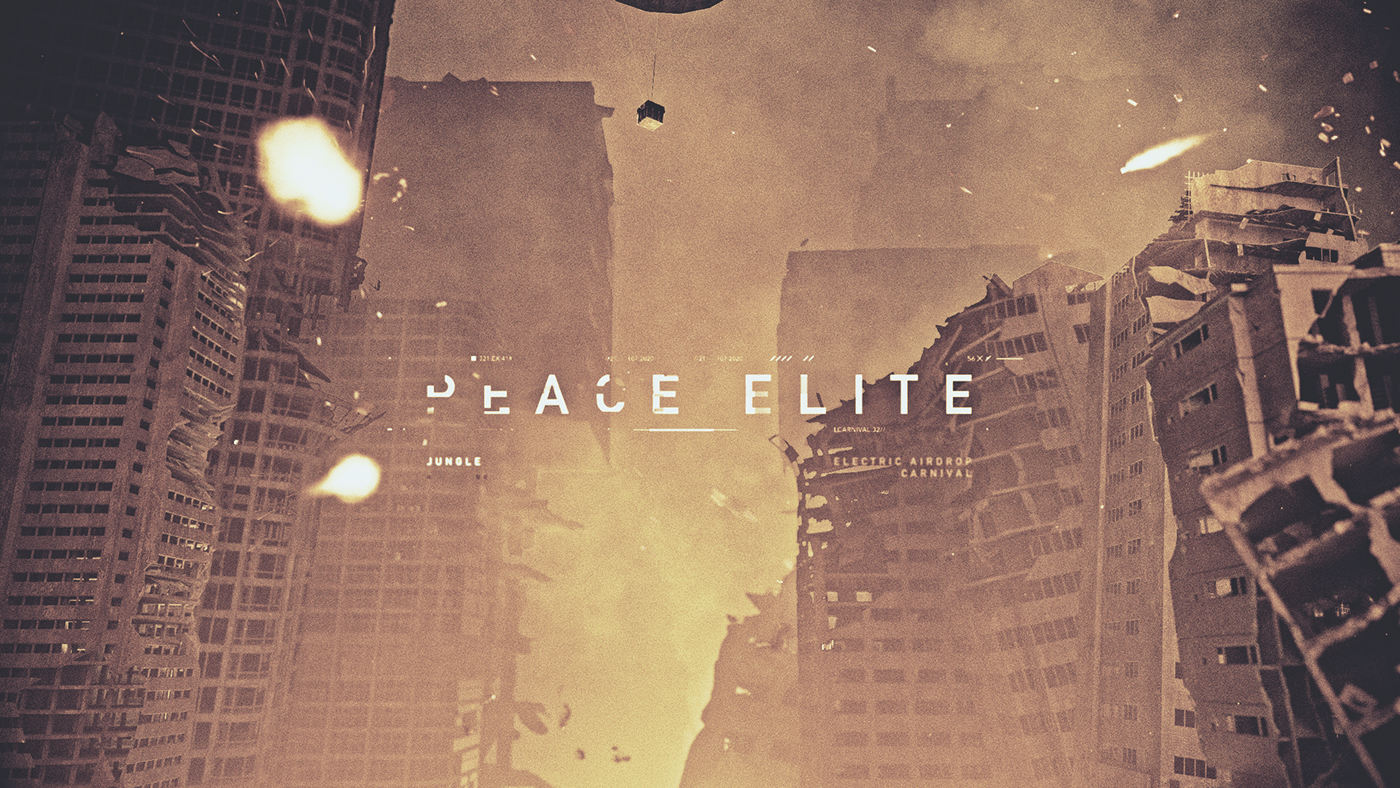

Just what risks a given person faces depends on many factors, including gender, class and geography.

War, by definition, takes terrible tolls on civilian populations. Finally, they discuss what other challenges loom for NATO, including what role the alliance might play should conflict between Taiwan and China occur.įor more of Crisis Group’s analysis on the topics discussed in this episode, check out our Europe and Central Asia program page. They also talk about how Russia’s invasion of Ukraine has changed security perceptions and defence priorities in the Baltics. They talk about the main takeaways from the summit and different perspectives on Ukraine’s prospective membership. This week on War & Peace, Olga Oliker and Elissa Jobson are joined by Lithuanian parliamentarian Dovilė Šakalienė to take stock of the summit, the shifting security situation in the Baltics and the future of NATO. But those who hoped Ukraine would be invited to join left disappointed. The war in Ukraine was unsurprisingly the focal point of the summit, with NATO members committing to continued support for Kyiv and revamped deterrence in Europe as a whole and the Baltics in particular.

At the backdrop of Russia’s invasion of Ukraine, the decision to hold the meeting in one of NATO’s newer members and a country claimed by the Soviet Union for decades was seen as a sign of commitment to the alliance's eastern flank. On 12 July, NATO concluded its two-day summit in the Lithuanian capital, Vilnius.


 0 kommentar(er)
0 kommentar(er)
